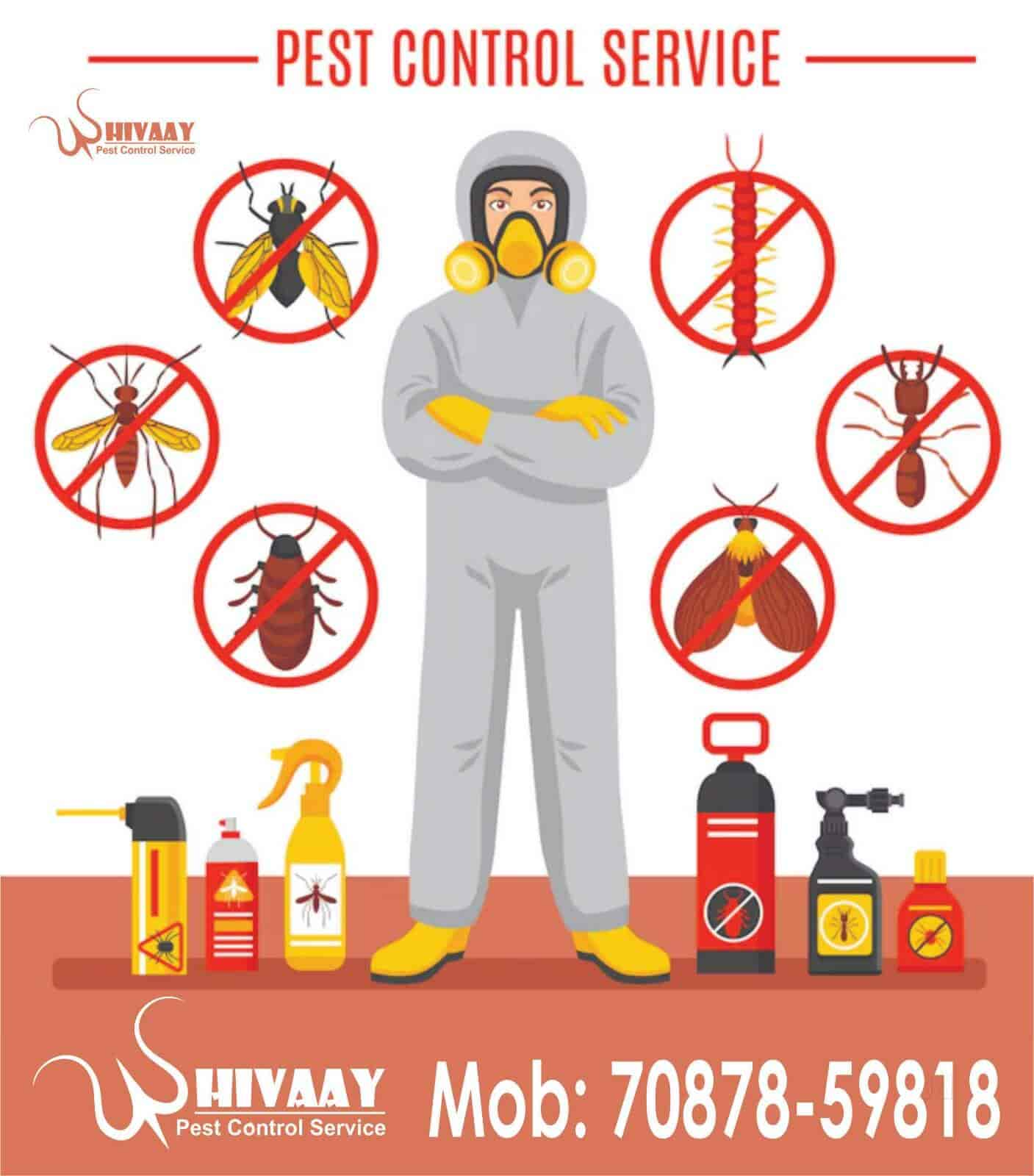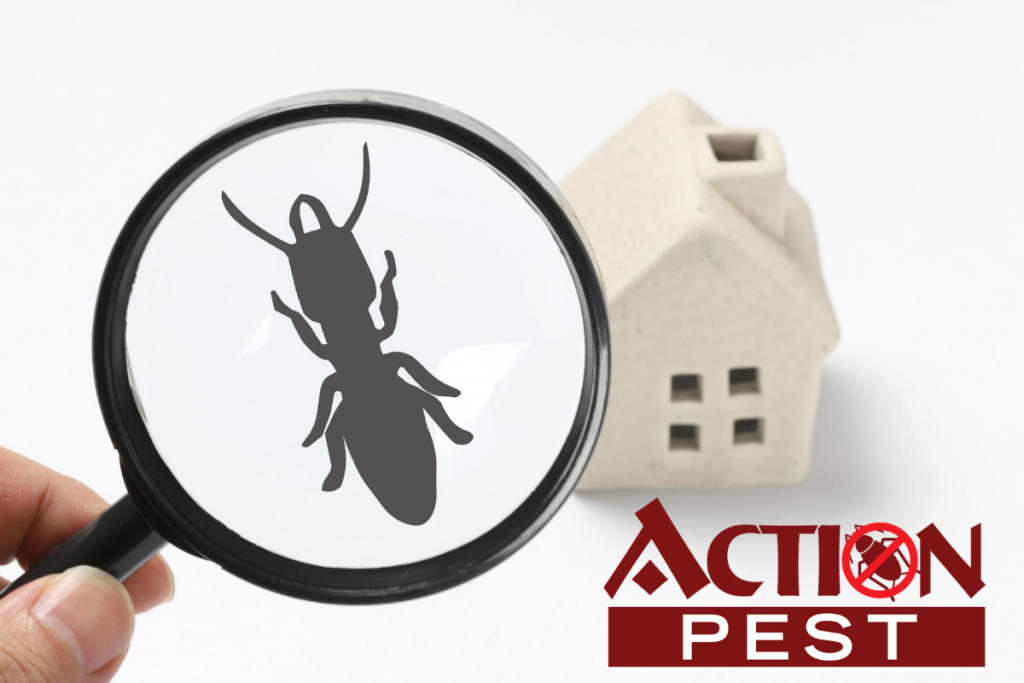Safe and Dependable Parasite Control for Lasting Protection
Effective pest monitoring calls for a complex approach that balances ecological honesty with the requirement for efficient insect suppression. The subtleties of these techniques may not be instantly clear, prompting a better evaluation of the practices that can lead to lasting bug control outcomes.
Recognizing Pest Control Methods
Parasite control includes a variety of approaches targeted at handling and getting rid of undesirable insects and rats that can threaten both wellness and property. Recognizing these techniques is crucial for reliable pest monitoring.
The primary classifications of insect control methods consist of mechanical, biological, and chemical approaches. Mechanical methods involve physical obstacles and catches to stop pest entrance and capture undesirable varieties. Making use of screens on home windows or employing sticky catches can dramatically minimize insect populaces without introducing damaging substances - exterminator coquitlam.

Chemical insect control is typically one of the most recognized method, utilizing pesticides to remove pests. These chemicals can be effective yet have to be made use of with care to stay clear of damaging impacts on non-target species and the atmosphere.
Benefits of Eco-Friendly Solutions
Exactly how can green solutions transform pest control practices? The fostering of eco-friendly pest control approaches supplies various benefits, considerably enhancing the effectiveness and safety and security of insect management (exterminator coquitlam). First of all, these services utilize all-natural active ingredients, decreasing the reliance on harmful chemicals that can present risks to human health and the setting. This change not only protects family members and animals however additionally minimizes the possibility for dirt and water contamination.

An additional advantage is the positive effect on regional biodiversity. Green solutions are developed to target certain parasites while preserving advantageous bugs and wild animals, advertising a well balanced ecological community. This approach aligns with the growing consumer demand for sustainable practices, enhancing the track record of bug control service providers.
Integrated Insect Management Techniques
The application of environmentally friendly services naturally leads to the fostering of Integrated Parasite Monitoring (IPM) methods, which additionally improve insect control efficacy. IPM is a holistic approach that combines numerous techniques to take care of parasite populaces while reducing environmental impact. This approach stresses making use of organic, social, mechanical, and chemical controls, making sure a lasting and balanced method of bug administration.
One fundamental facet of IPM is the thorough evaluation of parasite task and environmental conditions. By keeping track of parasite populaces and recognizing their life process, practitioners can carry out targeted treatments that interrupt the bug's habitat or lifecycle, decreasing dependence on chemical pesticides. In addition, cultural techniques such as crop rotation and habitat adjustment can substantially diminish pest facility and reproduction.
Another critical component is the usage of biological control agents, such as valuable pests or microorganisms, which can normally suppress bug populations. When chemical applications are needed, IPM prioritizes using low-risk chemicals and applies them precisely, minimizing exposure to non-target microorganisms and humans.
Integrating IPM approaches not just boosts insect control performance but also advertises a safer environment, aligning with the growing need for lasting practices in bug administration.
Safe Practices for Home Owners
Understanding the relevance of safe practices in bug control can encourage property owners to successfully take care of pest issues while securing their wellness and the setting. Carrying out precautionary actions and safe techniques is critical in decreasing exposure to harmful chemicals.
Homeowners need to initially analyze their atmosphere for conditions that attract pests, such as standing water, food, and mess waste. Frequently cleaning and securing entrance points can discourage insects from invading the home. Making use of all-natural deterrents, such as vital oils or diatomaceous earth, can give efficient options to chemical pesticides.
When chemical treatments are necessary, home owners must select items that are particularly identified as safe for residential usage. It is vital to follow application standards meticulously to stay clear of overexposure. Moreover, using targeted therapies in areas where bugs are look here identified, as opposed to blanket splashing, can substantially decrease chemical usage.
Lastly, preserving open interaction with parasite control specialists is important. Home owners ought to make inquiries concerning the security of items used and request green options whenever possible. By taking on these risk-free techniques, property owners can produce a much healthier living environment while successfully taking care of pest problems.

Tips for Long-Term Defense
Establishing an insect management method that stresses long-term protection can significantly improve the performance of the secure techniques previously gone over. To attain this, homeowners should execute regular inspections of their residential property, concentrating on hidden areas such as attics, basements, and crawl spaces. Early detection of insect activity is critical in preventing infestations from taking hold.
These techniques reduce attractants that draw bugs into the home. Securing entrance factors, such as fractures around doors and windows, can efficiently obstruct possible pest gain access to.
Landscape design needs to likewise be taken into consideration; keeping plants trimmed and preserving a range in between greenery and the home lessens hiding spots for pests. Using natural deterrents, such as essential oils or diatomaceous earth, can even more prevent problems without considering extreme chemicals.
Last but not least, working together with an expert insect control solution for regular examinations browse around this web-site can provide an added layer of safety. These professionals can provide tailored suggestions and progressed treatments, making sure that your home continues to be shielded versus insects in the long-term.
Conclusion
In final thought, secure and trustworthy bug control requires a multifaceted approach that stresses environment-friendly approaches and integrated pest monitoring. By executing all-natural deterrents, conducting regular inspections, and keeping correct sanitation, property proprietors can significantly reduce parasite populations while safeguarding valuable insects and the atmosphere. Collaboration with professional insect control solutions boosts the efficiency of these methods, guaranteeing customized services that supply lasting protection and comfort against future infestations.
Efficient parasite management calls for a diverse approach that stabilizes environmental honesty with the need for effective parasite suppression. The adoption of environmentally friendly pest control techniques supplies numerous benefits, complete pest control considerably enhancing the effectiveness and safety of insect management.The execution of green services naturally leads to the adoption of Integrated Pest Monitoring (IPM) methods, which better improve bug control efficacy. exterminator coquitlam. By checking insect populations and identifying their life cycles, experts can implement targeted treatments that interrupt the parasite's environment or lifecycle, minimizing reliance on chemical pesticides.In conclusion, dependable and secure bug control requires a diverse method that stresses environmentally friendly techniques and incorporated bug management